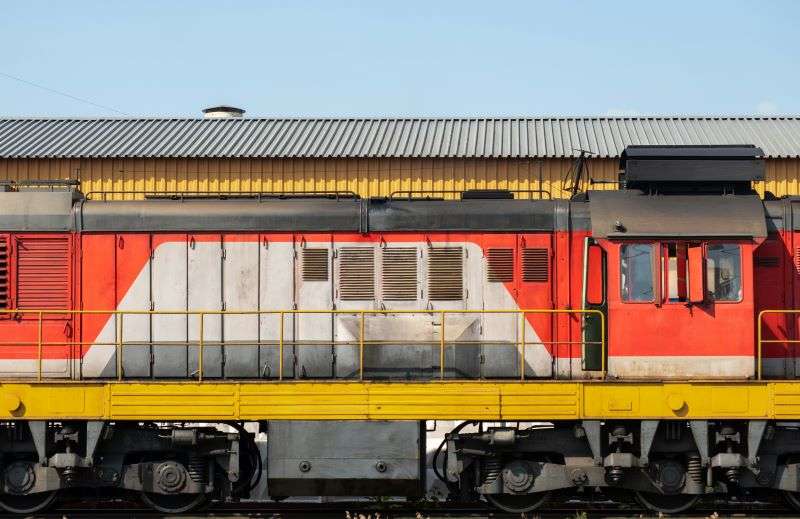Canada’s rail system is teetering on the brink of disruption as labor negotiations between the Teamsters Canada Rail Conference and major rail companies, Canadian National Railway and Canadian Pacific Kansas City (CPKC), remain unresolved. The Canada Industrial Relations Board has ruled that a strike or lockout could legally commence as early as August 22, should negotiations fail.
Impact on Supply Chains
While the board noted that critical supplies such as fuel, propane, and water could be delivered via trucks or pipelines, experts warn that a disruption to the rail system could significantly impact supply chains. Industries like food and automotive, which heavily rely on rail for distribution, could be particularly affected.
Negotiations and Potential Work Stoppage
Despite a 13-day cooling-off period ordered by the board, negotiations that resumed on August 7 have yet to yield a new contract. This lack of progress has led to pessimism about a resolution without disruption. CPKC’s President and CEO, Keith Creel, has expressed the likelihood of a work stoppage at both railroads by the end of August.
Loss of International Freight Business
Amid these fears, Canada’s major railroads have reported a loss of international freight business. CPKC’s Q2 international volume dropped 9% from a year ago, a decline attributed to the potential strike. Canadian National has also experienced international freight diversions, despite normal railroad operations.
Next Steps and Potential Resolutions
In an attempt to expedite a resolution, Canadian National has requested Canada’s minister of labor to order binding arbitration, a move previously rejected by the union. CPKC has also indicated it would begin a phased shutdown of its network unless a new labor deal is reached. The company has threatened to lock out the Train and Engine division and TCRC – Rail Traffic Controller division on August 22, unless a new labor deal is negotiated or the parties agree to binding arbitration.
The ongoing labor disputes between Canada’s rail networks and the unions have put the country’s rail system on the edge of disruption. With potential supply chain impacts looming and international freight business at stake, the need for a swift resolution is paramount to avoid further economic repercussions. As negotiations continue amidst the threat of work stoppages, the outcome remains uncertain, highlighting the fragile state of Canada’s rail industry.





